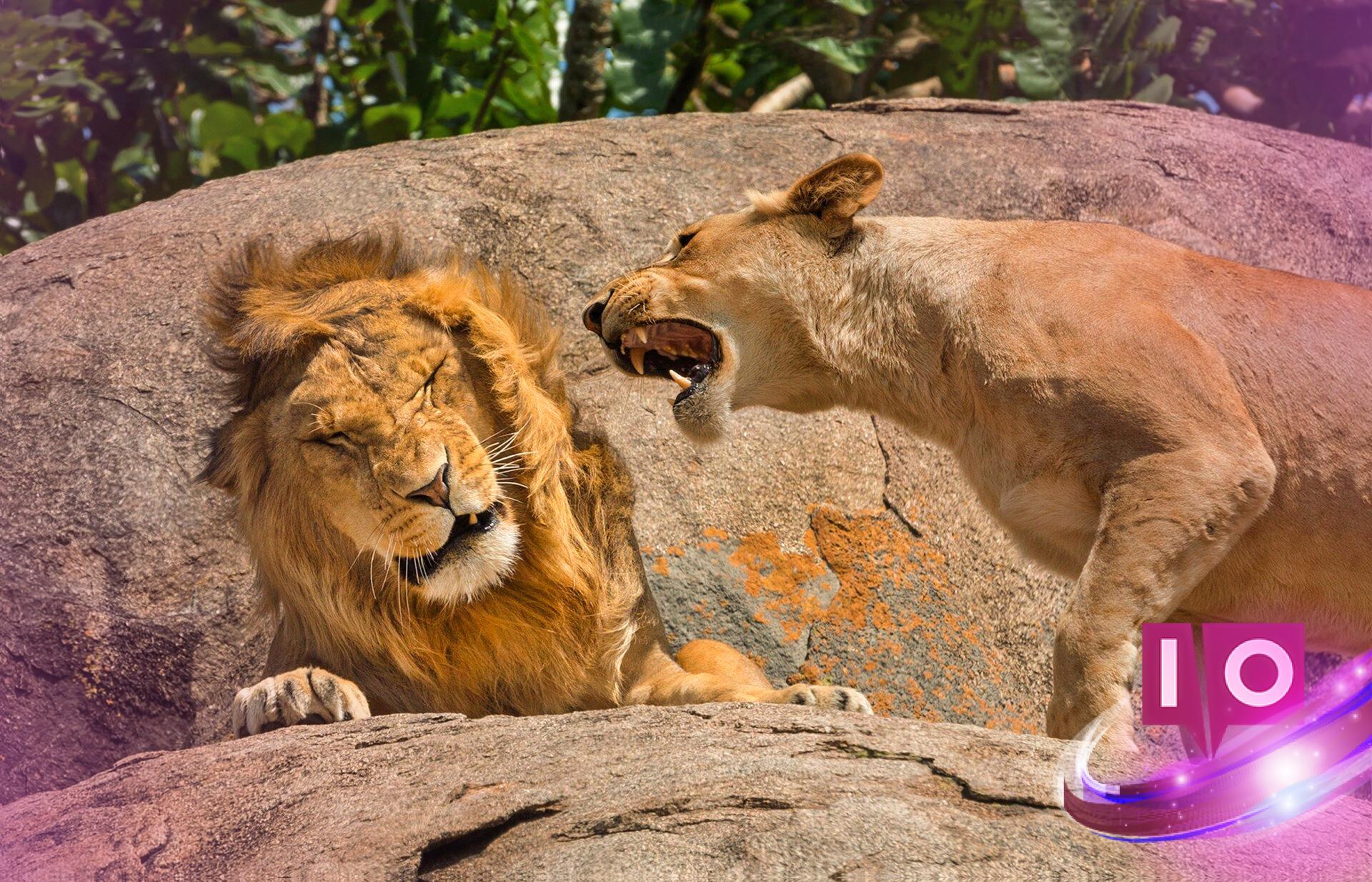In a rather surprising move, Aalborg Zoo in Denmark recently called on the public to consider donating their pets, noting that these furry friends could help sustain the zoo’s predator population. This unusual request has understandably caused quite a stir among animal lovers and activists alike.
The zoo emphasized that animals like chickens, rabbits, and guinea pigs are important dietary components for their predators, as they mimic what these animals would hunt in the wild. They stated, “In zoos, we have a responsibility to emulate the animal’s natural food chain – for both animal welfare and professional integrity.” This approach raises important questions about the ethics surrounding animal care at zoos.
Understanding the Zoo’s Perspective
Aalborg Zoo explained that they welcome healthy animals that need to be rehomed. They reassured potential donors with claims that their trained staff ensures animals are humanely euthanized before being used as feed, emphasizing that this practice minimizes waste and promotes the well-being of their predators.
The Public’s Reaction
The response to the zoo’s call has been swift and overwhelmingly negative. Many people took to social media to voice their outrage, questioning the morality of such practices. Comments included phrases like “A deeply perverse and degrading mindset” and “How sick are you to think of something like that.” This outcry highlights the gap between how zoo professionals might view animal management and how pet owners perceive their beloved pets.
Addressing the Public Outcry
In light of the backlash, Aalborg Zoo issued a statement aiming to clarify their position and toned down the comment section on their Facebook post, encouraging respectful dialogue. They mentioned they were willing to answer questions through private messages or email.
Why Would a Zoo Make Such a Request?
One might wonder why a zoo would ask for pet donations. The reality is that some zoos operate under tight budgets and seek sustainable means to provide for their animal populations. However, this can lead to ethically questionable practices that challenge the public’s perception of animal welfare in captivity.
The conversation surrounding this issue reflects deeper societal questions about the treatment of animals in zoos, especially when their natural behaviors and diets are at the forefront of discussion.
What should you consider if you’re thinking about donating your pet to a zoo? It’s essential to research the facility, understand their policies, and assess whether they genuinely align with your values regarding animal welfare.
Should pet owners feel guilty about this kind of situation? It’s understandable to feel uneasy. Giving up a pet, even for what might seem like a noble cause, can be a heart-wrenching decision. Always seek alternatives for rehoming pets within your community before considering such significant actions.
What are the ethical implications of feeding pets to zoo animals? The practice raises significant moral questions regarding pet ownership and animal rights. Many animal welfare advocates argue that such measures should not be normalized.
How can pet owners support animal welfare in zoos? Consider making donations to organizations that focus on ethical animal care and promoting wildlife conservation. Supporting reputable shelters for rehoming pets can also contribute to a humane approach to animal care.
In conclusion, this unique situation at Aalborg Zoo serves as a reminder of the delicate balance between animal care and public sentiment. While the zoo attempts to ensure that their predators are well-fed, the dialogue around ethical considerations continues to evolve. If you’re interested in further exploring animal welfare topics, check out Moyens I/O for more insightful articles.
